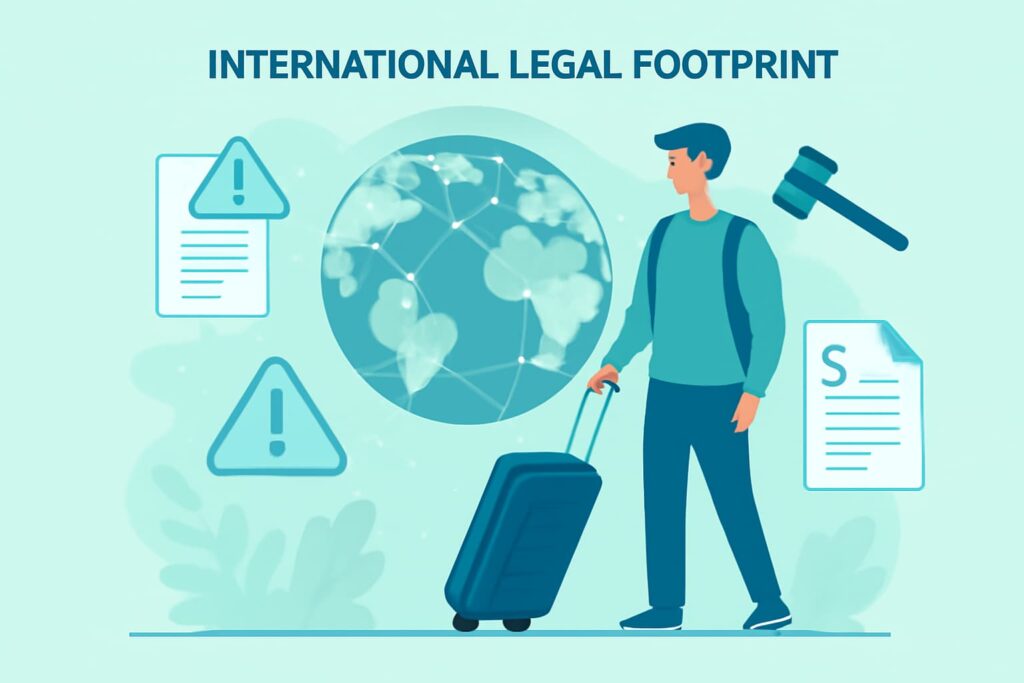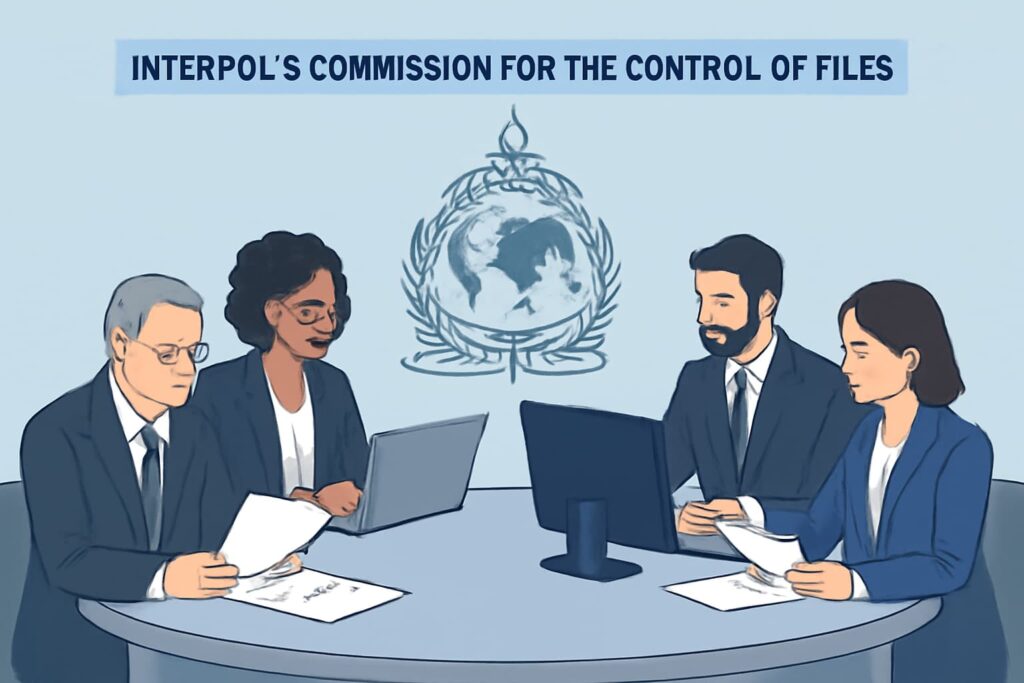Studying or interning abroad is an exciting milestone that opens doors to invaluable experiences and career growth. Yet, for some students and young professionals, legal issues from the past-even minor infractions or cases long thought resolved—can unexpectedly create barriers. These problems often arise through international law enforcement systems or immigration checks, potentially blocking visas, travel, or enrollment in programs.
Understanding how these systems work and how to manage your legal footprint is essential to avoid surprises and keep your global opportunities on track.

Why Your International Legal Footprint Matters
Every encounter with the law-whether a speeding ticket, a minor dispute, or an unresolved court case-may be recorded not only locally but also in international databases. These records can linger for years and sometimes propagate across borders through shared law enforcement systems.
This means that a “closed” or “forgotten” matter from years ago could resurface during a visa application or border control check. Because immigration officers often have access to international databases, even small past legal issues might raise red flags, causing delays or refusals without clear explanation.
Moreover, inaccuracies or outdated information in these databases can further complicate matters. Sometimes innocent individuals find themselves mistakenly flagged because of errors or identity confusion.
How Do International Information Systems Like INTERPOL Work?
INTERPOL is a global network that facilitates information sharing between police agencies in nearly 200 countries. It manages a system of notices about wanted individuals or persons of interest, with the most serious being the Red Notice. Though designed for serious crime, these notices can include individuals with minor or old charges, or even incorrect entries.
Once a notice is active, it can restrict your ability to travel internationally, as countries cooperate to detain and possibly extradite listed individuals. Notably, you might be unaware of such notices, as INTERPOL doesn’t notify individuals before issuing them.
For students and young professionals, this hidden risk means that past legal problems—even if seemingly resolved—can unexpectedly limit international mobility.
What Is Extradition and How Might It Affect You?
Extradition is a formal legal request by one country to another, asking for the surrender of a person to face charges or serve a sentence. While commonly linked to serious criminal cases, extradition processes can sometimes be triggered by old or unresolved cases, including those that the person believed were closed.
In practice, this means a student or young professional traveling abroad might face arrest or detention based on an extradition request tied to a past legal matter. The request might come from a country or jurisdiction where the person no longer resides or has no immediate connection.
Extradition cases can be lengthy and stressful, potentially derailing education or career plans. Even if the extradition is eventually denied, the process itself imposes significant hardship.
How Can Lawyers Help Identify and Resolve These Risks?
Legal professionals play a crucial role in helping you navigate these hidden risks. They can conduct thorough background checks, searching both national and international databases for any records about you. This can reveal unexpected INTERPOL notices or extradition requests.
If problematic entries are found, lawyers can work to challenge or remove incorrect or outdated data. They can liaise with INTERPOL’s Commission for the Control of Files or other bodies to seek deletion of improper notices.
Additionally, lawyers guide you on how to accurately disclose any past legal issues during visa or immigration procedures, reducing misunderstandings or inadvertent omissions that could lead to problems.
Should you face an extradition request or detention, legal experts provide defense strategies, represent you in court, and help negotiate with authorities to protect your rights and freedom.

Practical Steps to Protect Your International Goals
You can take proactive steps to safeguard your ability to study, intern, or work abroad:
- Begin by requesting your criminal record or legal history from your local authorities.
- Search public and private databases to check for any INTERPOL notices or similar alerts.
- Keep documentation proving case closures, payments of fines, or acquittals.
- Consult with a lawyer familiar with international and immigration law before planning travel.
- Be transparent in visa applications about past legal issues to avoid accusations of fraud.
- Stay informed about your rights and obligations in both your home country and the destination country.
Taking these measures can prevent unexpected refusals, arrests, or travel bans and keep your educational and professional dreams alive.